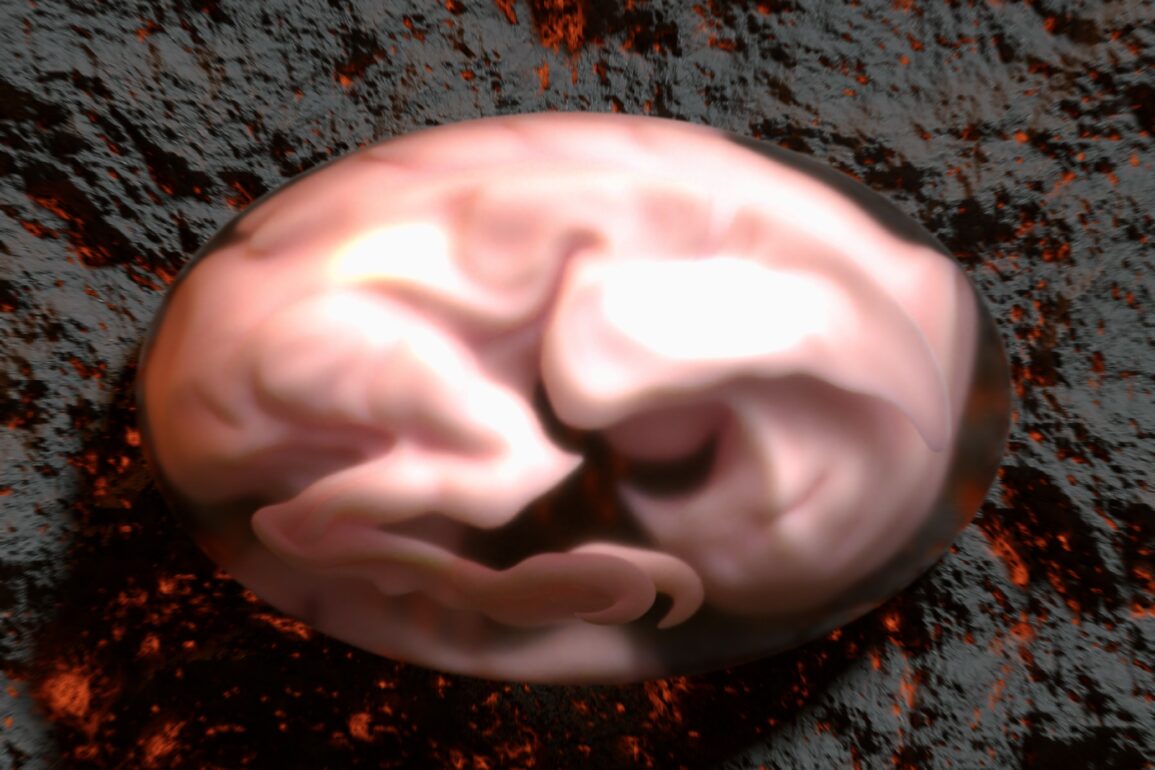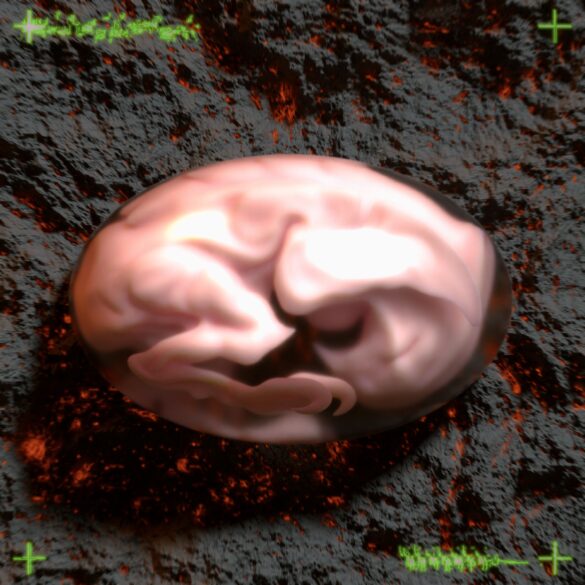The Prague-based imprint UNIZONE is going further into sound experimentation with a new project blending Baroque music influences with Hyperpop-designed instrumentations coming from the emerging Marseille’s queer scene talent stelios.exe
Past is as haunting as it is running after us all, whether you like it or not. History is always at the corner of our creative intents. Cultural traditions and social progress can’t be separated from our desires to embrace a new world paradigm where all deviant beings and marginal bodies will be praised for their contribution to freedom. Past is both weight on the artist’s shoulders and a door to enter the room of creative renaissance. Here is another exciting example of this temporal tension.
Operating from the deep waters of Prague’s underground since 2019, UNIZONE is a label and, more largely, a passionated collective which aims to provoke our senses with a sound taking its roots from the most experimental and risky side of electronic music. In an era of Post Club predominancy and the resurgence of some refreshing bastard forms of dance aesthetics that currently define the motto of up-to-come producers, this Czech imprint found its path by building a catalogue of odd-ball banging long length and forward-pushing dark objects. In four years, they have therefore published albums from no less than Japanese drum priest T5UMUT5UMU, Romanian rave wizard Miss Jay or German conceptronica knight thirdworldlabour, to only name a few.
But now, let’s have a deep dive into what we may concern you with: the forthcoming and exciting first effort of Marseille’s new talent and queer sound activist stelios.exe, entitled De Ave Phoenice. Named after the eponym medieval poem, which recounts the cycle of birth, death, and resurrection of the mythical phoenix, this EP is enlightening a curious fusion of baroque and hyper pop, which results in a truly unheard musical language. Using the “counterpoint” composition technique cherished by baroque composers such as Bach or Rameau and embodying it with the maximalism of nowadays pop production, the album is mainly based on intricate synth melodies extremely overdriven, as they were burning from the inside. An auto combustion of sonic canvases that also convokes the concept of hauntology, initially built by french philosopher Jacques Derrida to discourse about “both noticeable and hidden traces from the past which are coming to haunt the present“. This concept itself helped to introduce some of the greatest acts of an electronic music spectrum that was indeed haunted by past and nostalgic elements such as Boards of Canada, Burial, or William Basinski. But most of them were and are modeling a sound using plenty of samples and recordings turned inside out, to give this ghostly sentiment, while stelios.exe’s music could be affiliated with this notion by making a collision between two artistic techniques which are hardly familiar to each other, and even separated by three centuries in the making. That is why his phoenix elegy sound so intriguing but nonetheless pulsating: it tells us about how important these past shapes are to imagine new ways of creativity, as it is to remodel our musical future by accepting to be haunted by this old fire.

Above this article, you can now stream one exclusive extract of De Ave Phoenice EP with the aptly named “COMBUSTIO”. A tapestry of obscure arpeggios and distorted synth layers, progressively contaminated by some panned voice-like instrument, which sounds like a legendary bird breathtakingly while resurrecting. Reminding the intense and darker synth moments from vets like Andy Stott or Oneothrix Point Never, this majestic piece could be the perfect soundtrack for an imaginary documentary 3D picture of a world constantly in flames. If the past is our nemesis, can we get rid of it somehow?
UNIZONE will release De Ave Phoenice this next March 2nd, 2023 on all platforms, follow the label on Bandcamp.


